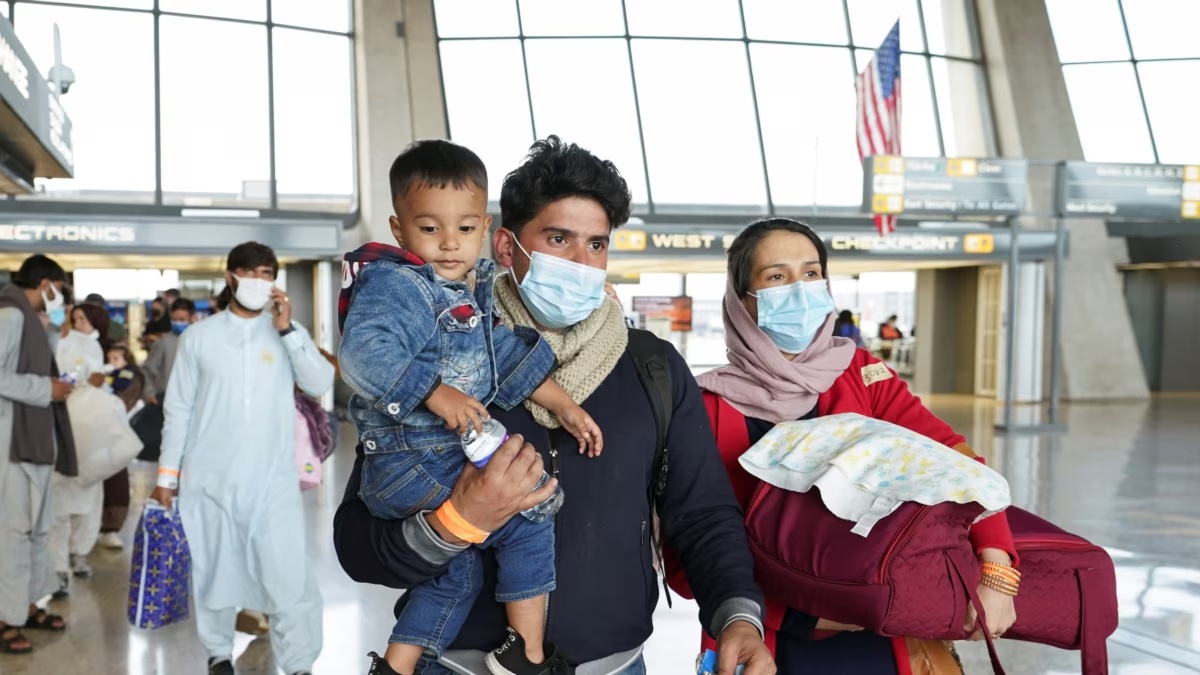Physical Address
304 North Cardinal St.
Dorchester Center, MA 02124
Physical Address
304 North Cardinal St.
Dorchester Center, MA 02124

The Trump administration has confirmed that Afghan deportation protection ends on July 12, 2025, terminating Temporary Protected Status (TPS) for thousands of Afghan nationals.
The Department of Homeland Security (DHS) made the announcement on May 12, starting a 60-day clock for those affected. Deportation protections will expire even earlier—on May 20.
An estimated 9,000 to 14,600 Afghans currently living in the U.S. under TPS now face legal uncertainty.
Takeaway: A clear deadline is set, leaving thousands with limited options.

DHS Secretary Kristi Noem said the decision reflects a return to TPS’s original intent as a temporary relief program. According to the administration, Afghan deportation protection ends because the country now shows signs of stabilization—specifically in security and its economy.
They also cited efforts to reduce fraud and address national security risks.
But rights groups say these claims are out of step with reality on the ground.
Takeaway: DHS says the threat is over—critics strongly disagree.
International agencies, including the United Nations, warn that Afghanistan remains unsafe, especially for women, religious minorities, and those who worked with U.S. forces.
The Taliban continues to enforce strict rules, ban education for girls, and target perceived U.S. allies. There is no functioning asylum system for returnees.
Takeaway: Despite official claims, conditions in Afghanistan remain volatile and repressive.
Veterans’ groups and immigration advocates argue that Afghan deportation protection ends without considering those who helped U.S. missions. Many Afghans still await Special Immigrant Visas (SIVs) and risk retaliation if deported.
Some have already received seven-day self-deportation notices, adding fear to an already precarious situation.
Takeaway: Thousands who supported U.S. operations are now at risk of forced return.

With Afghan deportation protection ending, many are racing to explore other legal paths—such as asylum or SIVs. But the window is narrow, and backlogs are long.
For now, advocacy groups are urging the administration to reconsider or at least delay enforcement.
Takeaway: Without quick action or legal relief, deportations could begin as early as May 20.
The fact that Afghan deportation protection ends in the midst of an unstable and dangerous situation raises deep questions about U.S. responsibility—and the fate of those it once pledged to protect.
Final Takeaway: Time is running out for thousands of Afghans caught in legal limbo.
Get the Daily News Without B.S. Report—clear, concise news with zero noise. Straight to your inbox.